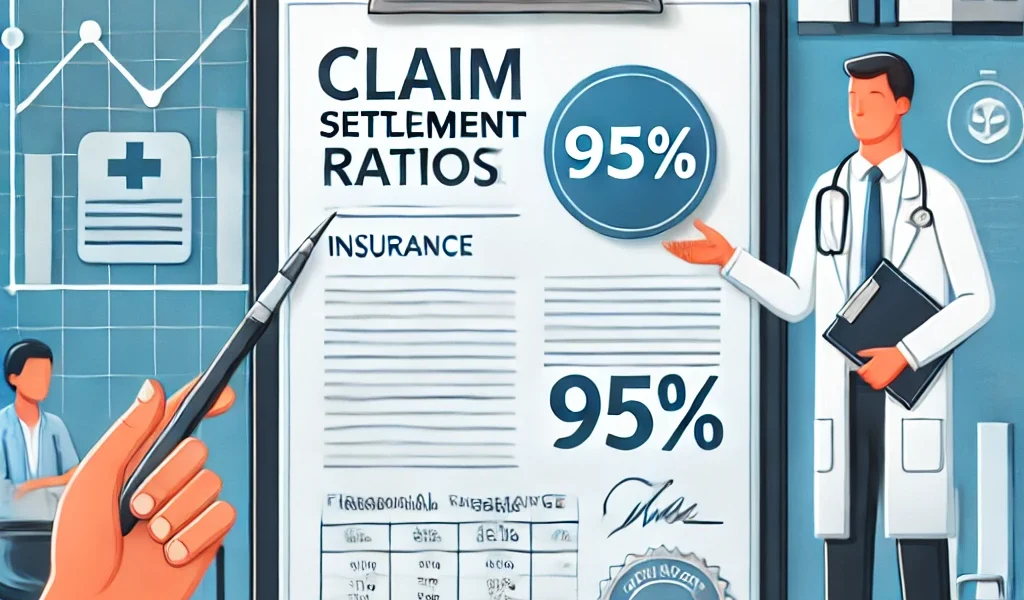1. What is Claim Settlement Ratio?
The Claim Settlement Ratio is the percentage of insurance claims an insurer has settled compared to the total number of claims received in a given year.
- Formula: (Total Claims Settled / Total Claims Received) × 100
- Higher ratios indicate a better claim approval record.
2. Why is CSR Important?
A high CSR reflects the insurer’s credibility and trustworthiness. Key benefits include:
- Higher chances of claim approval.
- Financial security for policyholders.
- Reduced chances of claim rejection due to technicalities.
3. How to Interpret Claim Settlement Ratios?
Understanding CSR values can help you choose a reliable insurer. Key aspects to analyze:
- CSR above 95%: Excellent claim settlement record.
- CSR between 85%-95%: Good but requires analysis of claim rejections.
- CSR below 85%: Potential risk of claim delays or denials.
4. Factors Affecting Claim Settlement Ratios
Some insurers may have lower CSRs due to:
- Fraudulent claims leading to rejections.
- Complex documentation requirements.
- Delays in hospital or insurer communication.
5. How to Choose the Right Insurer Using CSR?
Follow these tips when selecting an insurance provider:
- Check CSR over the last 5 years for consistency.
- Compare CSR with claim processing time.
- Read customer reviews for real-world experiences.
6. What to Do If Your Claim is Rejected?
Despite a good CSR, claims can sometimes be rejected. Here’s what to do:
- Review the rejection reason in detail.
- Consult with your insurance provider.
- File an appeal with proper documentation.
Conclusion
Understanding Claim Settlement Ratios is essential when choosing a health insurer. A higher CSR ensures peace of mind and a smoother claim process. Always research before purchasing a policy to secure hassle-free claims.




